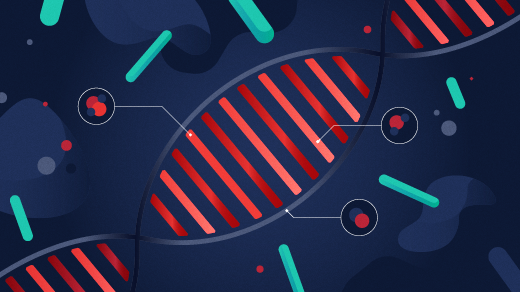Learners of all types are drowning in the deluge of information and learning resources available online. This barrage of information often leaves people confused about how to find the right course, tutorial, book, or other material that can help simplify their learning journey and achieve their personal objectives and needs.
The data science community is not alien to this dilemma. To add to the confusion, the recent alleged conduct of established learning platforms led many people, including instructors, to question their patronage. These events have furthered the vacuum of trusted sources to help learners pursue their learning paths.
In response, a group of like-minded data science community (DSC) enthusiasts came up with the idea of building a community-sourced repository of Python and R learning resources, with a primary focus on free materials. This was the genesis of the new Data Science Repository on GitHub.
The repository tracks high-quality data science (R and Python) courses and learning resources and provides information on recommended resources in one place. Much of it is curated from the data science community's input sourced through direct interaction through Twitter. In addition, instructors who have been displeased by the alleged behavior of the platforms that host their courses have suggested alternative ways that learners can access the same material. Their suggested course replacements are included in the repository.
The Data Science Repo's overarching goal is to provide anyone interested in learning data science with a wealth of industry-best learning materials and learning tracks. Although the project is taking baby steps and remains a work in progress, the repository now hosts information about more than 100 R and Python learning resources.
We believe the project can grow to create significant value for the community. Our aims are to:
- Support better learning and instruction with high-quality, community-tested online courses and materials in one place. The repo allows users to add courses, audios, videos, links, e-books, and more.
- Offer a democratized learning experience where independent learners can pursue self-paced courses according to their learning level—beginner, intermediate, or advanced. The courses are entirely self-guided and self-paced, with no instructors, no start or end dates, no college credit, and no certification of completion. They are aimed at learners who see value in learning from industry-standard, high-quality content. The repository also provides links to e-book downloads, offline reading, annotation tools, text search, and social learning.
- Encourage community learning. The repo welcomes continuous input and encourages interaction and discussions within the data science community toward achieving continuous evaluation, improvement, and growth in courses and learning materials. This community-sourced approach means courses are curated based on the direct experience and recommendations of DSC members. It also means, in turn, they contribute to that expertise and propel data science learning forward.
Benefits of the repository include:
- Reaching the right audience. As the repository is built around topics or characteristics that DSC members have in common, the repo's structure provides a platform to address a self-organized and interested data science audience. Rather than just hoping the right people will hear you, this repository is tailored to connect you with the right people.
- Fostering relevant conversation. The repo offers a platform for real-time conversations and focused discussions on data science topics, away from the clutter of mixed forums. These discussions present valuable opportunities to increase community knowledge because users can extract meaning from these conversations. It also allows quick feedback to find and engage with the content available in the repo and explore new collaborations.
- Enabling effective customization. While the repository strives to cater to the collective wants and needs of the DSC and learners, it offers flexibility through the wide array of choices, as well as guidance to create personalized streams that deliver relevant information per the learner's requirements.
The Data Science Repo aims to play a central role in mobilizing connection and social change, creating a win-win situation where high-quality learning resources, created and curated by industry subject-matter experts, are made available to learners quickly. Learners can now set their learning agenda, rather than the other way around, because the Data Science Repo gives them the means to do so.
This is a new project, and the team behind it welcomes contributions. If you would like to be involved, please file an issue in the repo to be invited into the development process.









6 Comments